DIVIDE AND RULE
Let’s stop judging activism in PAP-centric terms
Last month, thousands gathered at the floating stage in Marina Bay for Singapore’s observance of Earth Hour, dubbed the world’s largest mass participation event ever. An offshoot of the nature conservation group WWF, Earth Hour is now headquartered in Singapore, thanks in part to government incentives to turn the country into a hub for international nonprofits. The event was graced by a senior Singapore diplomat and supported by the private sector, including media outlets drawn by the star power of the Amazing Spider-Man cast.
The same month, a group called Maruah marked the International Day for the Elimination of Racial Discrimination and International Women’s Day with important statements on how Singapore could make further improvements in addressing inequality. Maruah is Singapore’s human rights NGO. Its causes are not populist. As if it was not difficult enough for Maruah’s campaigns to gain public acceptance, the government has placed extra hurdles before it. Its fundraising is restricted under the Political Donations Act, and it recently had trouble booking even a dosai restaurant for an event, let alone the iconic Float@Marina.
Earth Hour and Maruah represent two faces of activism in Singapore. The people behind them are passionately devoted to making the world better by pushing for changes in values that will ultimately translate into more enlightened policy. But official receptivity towards them could not be more different.
Of course, even liberal democracies do not treat all kinds of activism equally. At one end of the spectrum are causes that enjoy state support. A government may actively facilitate citizen initiatives aligned with its own agenda (e.g. the Canadian government provides subsidies for events promoting intercultural and interfaith understanding, as part of its multiculturalism mission).
At the other extreme, democracies prohibit certain methods of activism. Activists who literally throw stones, destroy property or hack into websites face arrest, no matter how noble their causes. It is also reasonable for authorities to impose restrictions on where, when and how boisterous demonstrations can be conducted. Sometimes, activists’ goals are seen as incompatible with protecting others’ dignity and basic rights and dignity (e.g. Germany bans National Socialism because of its genocidal track record).
Then, there is the large in-between category of activism that is neither positively supported by the state nor treated as illegal. It faces the mixed blessing of benign neglect: the lack of official support means that this zone is often the most creative and innovative.
Singapore approach
Activism in Singapore deviates from these democratic norms in two respects. First, some activism is treated as illegal even though it poses no threat to public order and does not violate the rights of other citizens. One example of this is the banning of video interviews of former detainees, produced in order to present their versions of the Singapore story. The only interest served by such legal action is to protect the government’s ideological control, which is not a legitimate reason for censorship in a democratic society.
Second, the large middle category of merely tolerated activism – permitted but not supported – is further subdivided, with some forced to face more official restrictions and obstacles than others. Unwanted special treatment could come in the form of extra layers of regulation, difficulties in securing venues for events, and blacklisting of volunteers when they apply for public sector jobs.
Such discrimination might be acceptable if the targets were bona fide threats to national security. Often, however, they are at worst inconvenient to government, forcing officials to spend more time and effort defending their policies. Official hypersensitivity to dissent was illustrated recently by remarks made by a senior civil servant to the Straits Times. Warning that policy-making should not be hijacked by what he described by “a very loud and noisy minority”, he cited the example of the campaign against the death penalty. These activists were certainly passionate and outspoken, but they barely registered on the political decibel scale. They could seem “loud and noisy” only to ears quite unaccustomed to hearing dissonant voices.
Where the government draws the line between permitted and restricted activity can be inconsistent. Take its oft-stated position that Singapore politics is a matter for Singaporeans, and that groups that may influence public affairs should be banned from receiving foreign funding. This argument has been used to restrict the growth of Maruah as well as citizen media like The Online Citizen and the Independent. It is also used to prevent some event organisers from bringing in foreign speakers.
Yet, there are much larger and more influential organisations that face no such restrictions. Certain religious groups, for example, have made their presence felt in national debates on contentious issues such as sexuality. The rise of intolerant brands of Christianity and Islam in Singapore can be traced to material and doctrinal support from the United States and Saudi Arabia respectively. Similarly, our cultural and entertainment spaces have given virtually free rein to foreign influences, in ways that have spread consumerist values and the objectification of women. Thus, powerful right-wing religious as well as commercial forces have been allowed untrammeled access to the public mind, while tiny groups of Singaporeans who want to counter these trends by advocating secular, non-commercial, human-rights values face official obstruction. Such discrimination happens because of the arbitrary manner in which some activities are labeled “political”, bearing little relation to what actually does affect political values.
Discriminatory treatment of activists is shored up with highly subjective language. For example, citizen participation is encouraged – but it should not get “political”. We are routinely told that Singapore welcomes criticism – as long as it is “constructive”. We want ideas that are out of the box – but not “adversarial”. Singaporeans should serve with passion, but without “agendas”. And so on. Such distinctions are in the eyes of the beholder, and in Singapore the only beholder that counts is the government.
Singaporeans have internalised these ideological categories. Critics deploy the same language to plead that their own comments should not be mistaken as destructive or adversarial. For example, after the website Breakfast Network chose to shut down rather than comply with the government’s new registration requirements, its founder objected to a report stating that it “refused” to register, saying that “declined” was a better word because “refused… makes us sound like rebels”. Similarly, civil society groups bend over backwards to avoid the accusation that they are “political”. Such sensitivity to semantics is a learnt response to the government’s “OB” markers, but it also legitimises and perpetuates those same divisions.
Activists at the other end of the political spectrum can be equally susceptible to these mental divides. They display a kind of reverse snobbery, pooh-poohing activists who are not as anti-government as they are. No doubt, certain causes require more political courage than others – with, say, disability rights lying at the less politically-contentious end of the spectrum, civil and political rights at the opposite extreme, and nature and heritage conservation somewhere in the middle. Surely, however, the respect that we show one another within civil society should depend on one’s sincerity, knowledge, wisdom, selflessness and hard work; I am not sure why being anti-government should be the only badge of honour.
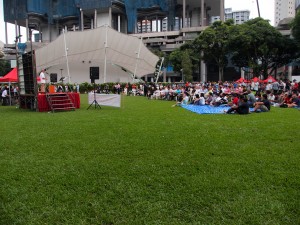
Anti-ISA event at Hong Lim Park.
Like its critics, the government should stop judging activism in PAP-centric terms. Yes, activism needs to be regulated. But, the test should not be how much a cause deviates from official positions. Yes, government should protect public order and the rights of others. But, there is no need to protect Singaporeans – least of all public servants – from discomfiting ideas.
We are about to celebrate 50 years as an independent, citizen-governed state; recently, we have been congratulating ourselves on the quality of an education system that is producing young people who are apparently world beaters in problem-solving and coping with complexity. Policies that do not trust citizens to make their own judgments about which activists to side with make a mockery of these milestones.
– This article was prepared for a panel discussion, “The Turning Tide: The State of Activism in Singapore”, held on 17 May 2014 at the Lee Kuan Yew School of Public Policy, NUS, as part of its Angsana Evening series.
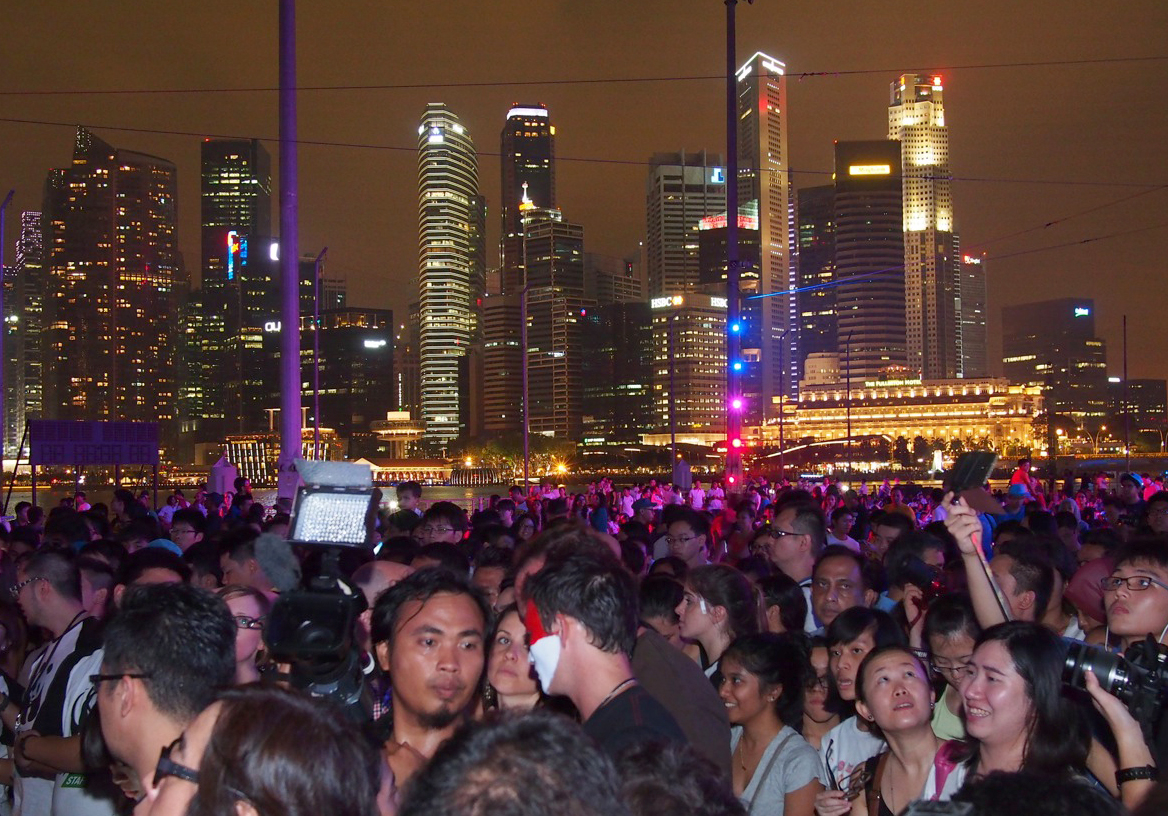

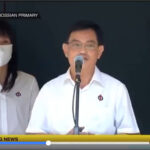

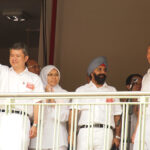
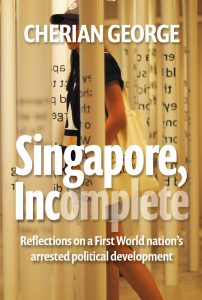
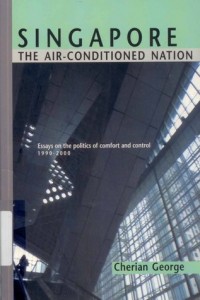
Comments are closed.